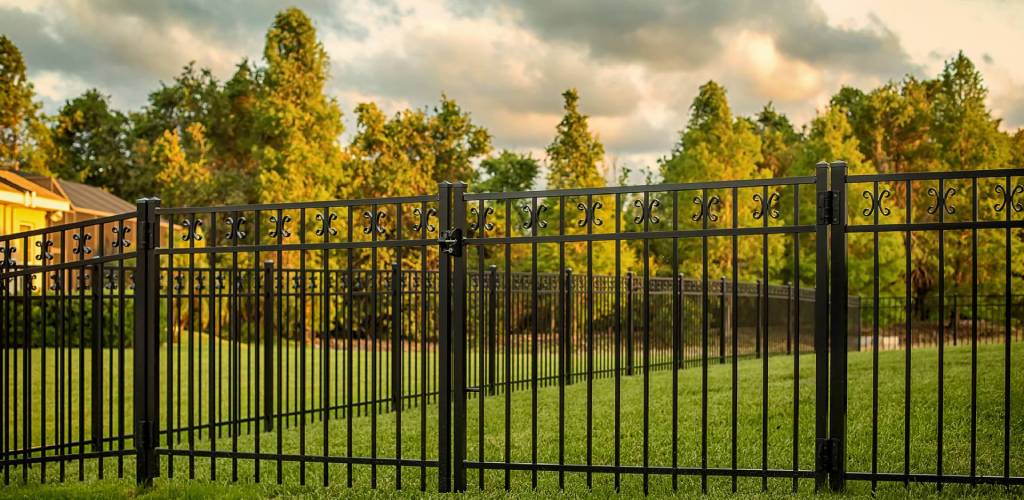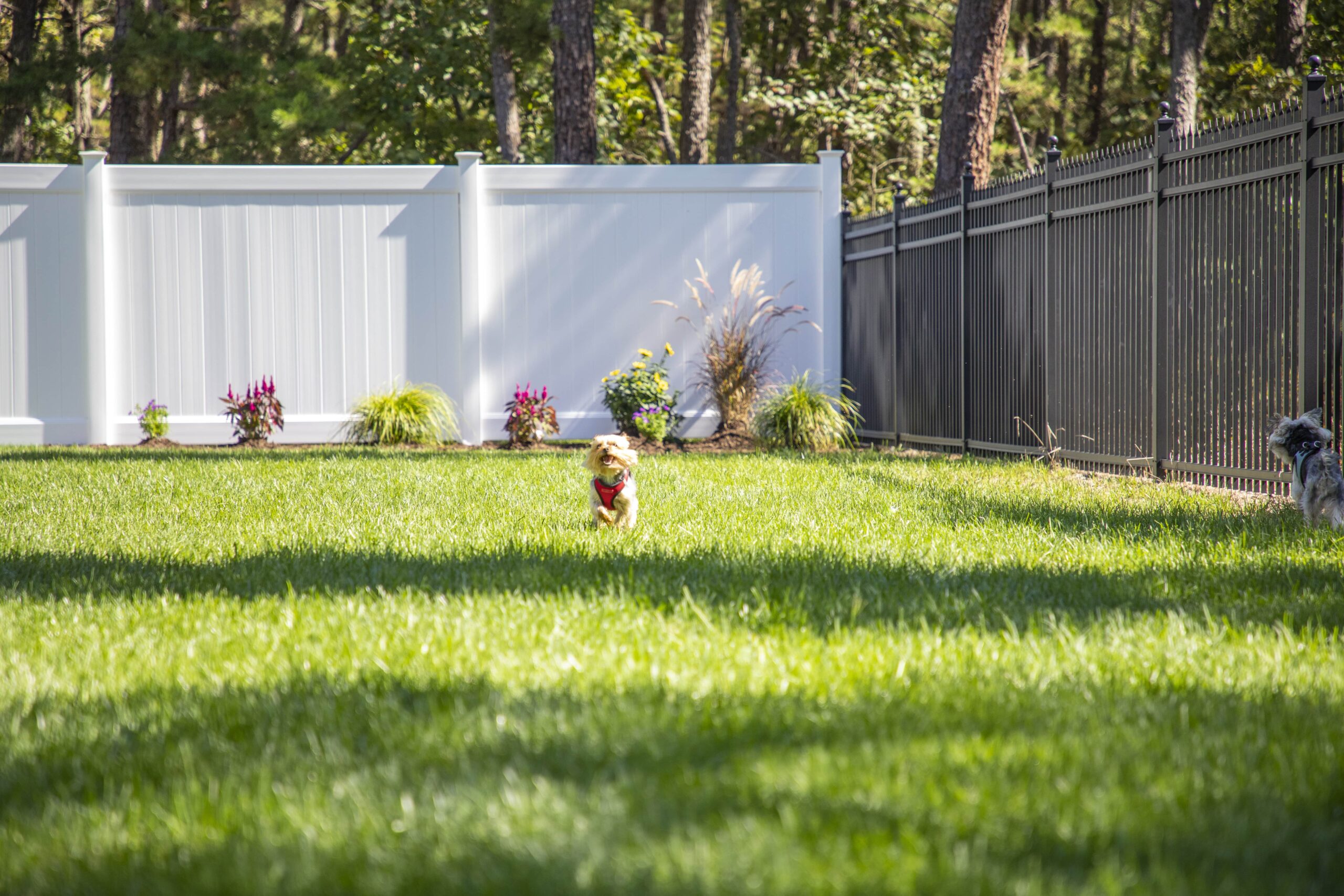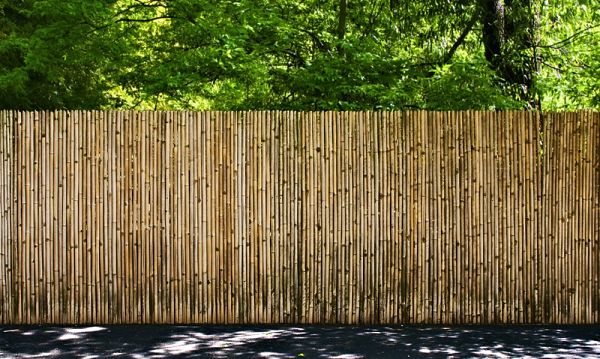All Categories
Featured

Choosing the right secure fencing material is crucial for achieving the equilibrium of resilience, visual appeals, and performance that suits your residential or commercial property. Wood, plastic, and light weight aluminum are popular options, each with special features that provide to details requirements. Here's a comprehensive appearance at the advantages and downsides of these 3 materials.
Timber Fence. Pros:. Classic Appeal: Timber uses a natural, classic appearance that enhances various architectural designs. Adjustable: It can be repainted or discolored in a selection of layouts and shades. Cost effective: Timber fences are frequently more affordable upfront than vinyl or light weight aluminum. Eco-Friendly: As a renewable energy, timber is eco-friendly and sustainable when sourced responsibly. Cons:. Maintenance-Intensive: Calls for normal discoloration, painting, or sealing to protect versus climate and insects. Much Shorter Life Expectancy: Depending upon the kind of timber and environment, it usually lasts 10-15 years. Vulnerability to Damages: Prone to decaying, bending, and termite damage without appropriate care. Wood is excellent for home owners that value aesthetics and agree to spend effort and time in upkeep to lengthen its life.
Plastic Fence. Pros:. Durable: Immune to insects, rot, and weather condition, vinyl keeps its framework in severe problems. Reduced Upkeep: Calls for little maintenance beyond periodic cleaning. Long Life-span: Plastic can last 20-30 years without substantial wear or damages. Flexible Designs: Offered in numerous shades, appearances, and designs, including alternatives that simulate timber. Cons:. Costly Installment: Vinyl fences are a lot more costly to install contrasted to wood. Weak in Cold Climate: Plastic can crack in severe chilly environments. Hard to Repair service: If damaged, entire areas might need substitute, which can be challenging to match. Vinyl fence is a great choice for those prioritizing longevity and marginal upkeep, even if it comes with a higher in advance cost.

Aluminum Fence. Pros:. Rust-Resistant: Light weight aluminum does not rust, making it optimal for moist or humid areas. Solid but lightweight: Offers stamina without being overly hefty, which simplifies installment. Low Maintenance: Requires little greater than cleansing and occasional repainting. Longevity: Light weight aluminum fences can last for decades without considerable deterioration. Stylish Styles: Frequently utilized for attractive objectives, light weight aluminum includes elegance to any type of home. Disadvantages:. High Preliminary Cost: Aluminum fencings are among the more pricey choices. Minimal Personal privacy: Commonly developed with open spaces, they do not obstruct sights or sound. Susceptible to Dents: While durable, aluminum can be nicked or curved with heavy impact. Light weight aluminum is finest matched for those who desire a long-lasting, fashionable fence and don't call for total privacy.
Making the Right Choice. Each product has its toughness and weak points:

Wood is perfect for eco-conscious buyers and typical aesthetic appeals who don't mind maintenance. Vinyl works for home owners seeking a weather-resistant, low-maintenance option. Light weight aluminum is a sturdy, decorative alternative for those that want beauty and durability. Consider your top priorities-- whether it's cost, appearance, upkeep, or privacy-- and consult a fencing expert to choose the product that best meets your needs. A well-selected fencing will certainly boost your residential or commercial property for several years ahead.
Latest Posts
Learn How to Cut Costs on Car Maintenance with Montclare Auto Repair’s Limited-Time Deals
Published en
1 min read
Uncover Save Big on Car Maintenance with Montclare Auto Repair’s Exclusive Deals
Published en
1 min read
Experience Your Financial Partner at WyHy – Top Perks for Your Future
Published en
1 min read
More
Latest Posts
Learn How to Cut Costs on Car Maintenance with Montclare Auto Repair’s Limited-Time Deals
Published May 28, 25
1 min read
Uncover Save Big on Car Maintenance with Montclare Auto Repair’s Exclusive Deals
Published May 27, 25
1 min read
Experience Your Financial Partner at WyHy – Top Perks for Your Future
Published May 24, 25
1 min read